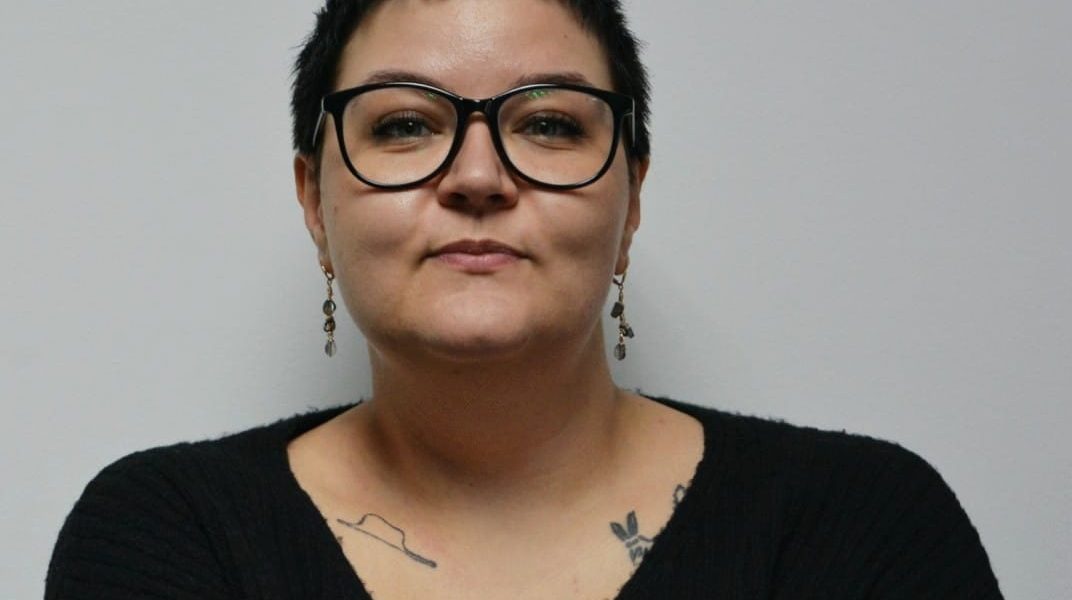If you live in the Balkans, on a few occasions if you are lucky, and on many, if you are not that much, you become aware that in this part of the world, people have very peculiar views on the concept of respect towards women. Where I pinpoint that peculiarity would be that concept seems to be moving backward, and along with it, what has been absolved as a factual and inalienable position.
Chronologically speaking, most of the Balkans at some point have been ahead of time regarding women’s rights and overall position in society, in comparison to some of the western democracies, not only at the time but even in contemporary debates. The first written documents noting and affirming women’s participation are dating back to the period of Bogomilism, which appears as a reaction to the social stratification that occurs due to he introduction of feudalism and the support of the government by the official Christian church between the 9th and the 10th century. More serious involvement of women in the political sphere is noted with the establishment of the Communist Party of Yugoslavia (CPY, 1919) and the first feminist movement, Women’s Anti-Fascist Front (AFF, 1942 year). In 1946, the women of the Balkan countries, at the time assisted in the Socialist Republic in Yugoslavia acquired the right to vote and stand as a candidate in political elections. They remained in the shadows of political life for the first few decades but with formally and legally recognized rights. The significant involvement of women in the Anti-Fascist Combat played a crucial role in the relatively early recognition of the need for and granting of equal rights in former Yugoslavia.
Moreover, there were centers for children and the elderly, which gave women the opportunity to be more visible in other roles outside of the roles of mother and homebuilders in former Yugoslavia. These centers provided crucial support for working mothers who could rely on their children being well taken care of while they pursued their careers. Furthermore, women were entitled to maternity leave, which guaranteed job security upon return to work. This facilitated a work-life balance that enabled women to achieve more than they would have been able to without such support structures.
Written documents suggest that in-home or hospital conditions, access to abortion has been available to women in the Balkans even back in the 19th century. That abortion existed as a practice in hospitals in the city of Belgrade at the end of the nineteenth century is also indicated by hospital invoices for abortions from 1858, while other archived documents are suggesting the doctors had been making efforts even in 1935 to get the abortion procedure out of the gray zone and explicitly decriminalize it. Looking back on this while being fairly familiarized with the developments in the area today, reality strikes back as a painful reminder that women might never be able to just lay back and assume they can count on a certain right for granted.
Forms of women’s associations based on common interest date even before 1918; there were women’s humanitarian, religious, educational, and professional organizations in all countries, with distinct divisions based on religion and nationality. If some of those organizations contained feminist ideas, they remained in the background or were completely ignored. Regardless of the negligence of the contemporary feminist elements in this kind of association, they have been present for literally over a century. Yet, the public discourse in 2023 is often overflowing with narratives that women’s associations of any kind are inorganic products influenced by western ideologies destructive towards the indigenous ideas and values of our land(s).
Ironically, the anti-gender equality movements in the Balkans today reject the idea of work-life balance and instead promote traditional gender roles. They argue that women should prioritize their duties as wives and mothers over their careers and personal goals. These movements often use religion and nationalism as a basis for their arguments and criticize any attempts to promote gender equality as being against traditional values. This backlash against gender equality has led to increased discrimination and violence against women in some parts of the Balkans.
Despite the progress made in the past, contemporary anti-gender equality movements have been threatening to undo the achievements of women’s rights in the Balkans. These movements argue that gender equality and LGBTQ+ rights are foreign concepts that undermine traditional family values and are part of a Western plot to undermine the region’s culture and identity.
The crucial challenge in remaining resilient to the backslides caused by the above mentioned movements is to build on the foundations laid by previous generations and continue to push for gender equality. This includes ensuring that women have access to education and training that will enable them to take on leadership roles, and that policies are in place to promote work-life balance, including affordable and accessible childcare and eldercare.
It also requires combating the prevailing anti-gender equality rhetoric through education and awareness campaigns. This could involve highlighting the achievements of women in the past, as well as emphasizing the positive impacts that gender equality and LGBTQ+ rights have on society.
Looking backward and forwards, what seems to be the destructive power is the unfamiliarity, and even worse the audacity to keep blissfully unfamiliar with the events of the past, claiming that the present is an artificial reality installed by someone who wants to destroy the society. While the reality is that those societies that we know – societies where we most feel at home, have been shaped by women and their continued resilience every time a higher power has attempted to shrink the space they`ve been entitled to. Equality or this thing as close to reality as we have, in this part of the world has been accomplished by women`s equal efforts to contribute to building the world they want to live in.
The crucial task for the future will be to enable the strengthening of fragile and diffused network structures and lay down solid foundations for a movement with proper institutional mechanisms on a national and regional level, laying on the foundations laid long before us and keep on building on them, with fresh ideas and capacities that were not available to the generations before us. This enabling is closely conditioned by the civil society infrastructure and the donor communities operating through the region.
With all of this being said, I would try to capture the essence by saying that the perspective is the past. To see, learn, accommodate, adjust in the current context, and re-apply, while keeping building alliances based on shared values regardless of how unusual the allies may seem.
Simona holds MSc in New Media and Social Networks from the Institute for Sociological, Political and Judicial Research – Skopje, and BA in Political Science. Her engagement with BCSDN begins in April 2021 when she joins as an intern working on the CIVICUS Monitor research updates, after which she continues the engagement as Communications and Information Officer in the Executive Office from September 2021. She has been engaged, professionally and voluntarily, in multiple CSOs in the country such as Institute for Democracy Societas Civilis – Skopje, Eurothink and the National Youth Council of Macedonia. She has extensive experience in project and event management, research and communications. Her interests extends the areas of communications, communications-related research, youth issues. and civic movements.




